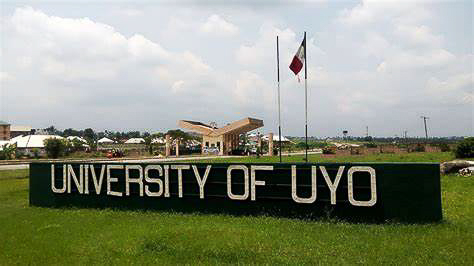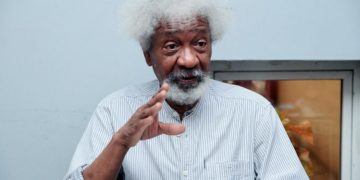A professor of Educational Technology at the University of Uyo (UNIUYO), Akwa Ibom State, Idongesit Udosen, has underscored the need for curriculum review to enhance teacher education and efficient teaching and learning.
She advocated for incorporating technology into a policy framework that would be developed for Nigeria’s education curriculum.
Udosen said the framework would ensure that the educational system’s Information and Communication Technology (ICT) initiatives are adequately funded.
While presenting the 116th edition of the institution’s Inaugural Lecture series, “From Classroom To Cyberspace: The ICT Experiential Learning Pedagogy For Skill Development,” Udosen said clear guidelines and benchmarks would enable policymakers to create an enabling environment for ICT integration and experiential learning methods in schools.
The professor of Educational Technology from the Department of Educational Technology, maintained that “the integration of ICT into the nation’s school system would significantly enhance students’ experiential learning through opportunities for inquiry, collaboration and skills development.”
She, however, lamented that most Nigerian teachers lacked the skill to integrate ICT tools into daily teaching activities and, as such, still used the teacher-centred lecture-based model.
She, therefore, stressed the need for students’ active participation and practical application of knowledge through technology-blended learning, gamification, simulations, and immersive virtual environments.
“Development of inclusive policy frameworks to bring about technology-driven pedagogies in the national curriculum is essential, as such frameworks will ensure adequate funding of Information and Communication Technology (ICT) initiatives for the good of all.
“With clear guidelines and benchmarks, policymakers can create an enabling environment for ICT integration and EL-based methods to thrive and enhance learning outcomes in various educational settings.
“Continuous teacher capacity-building through ICT-oriented training is essential in all teacher education programs.
“Equally critical is ongoing teacher capacity-building through ICT-oriented training in all teacher education programmes. Such training should not be a one-off occurrence but a continuous professional development process, featuring workshops, peer-mentoring, and collaborative platforms.
“When educators possess strong technical and pedagogical skills, they can confidently design experiential, technology-enhanced lessons that actively engage learners and foster critical thinking.
“In tandem with these initiatives, localisation of digital content and hybrid approaches can bridge the gap in tandem with these initiatives, localization of digital cutting-edge technologies and local realities.
“Community radio segments, oral histories, and indigenous artefacts, thereby honouring Nigeria’s cultural diversity, while artefacts can be adapted into digital or blended formats, reinforcing digital literacy.
“Pairing low-tech solutions (e.g., offline mobile apps) with higher-end technologies (e.g., VR/AR) ensures that learning remains equitable and inclusive, even where infrastructure is limited,” she stated.











